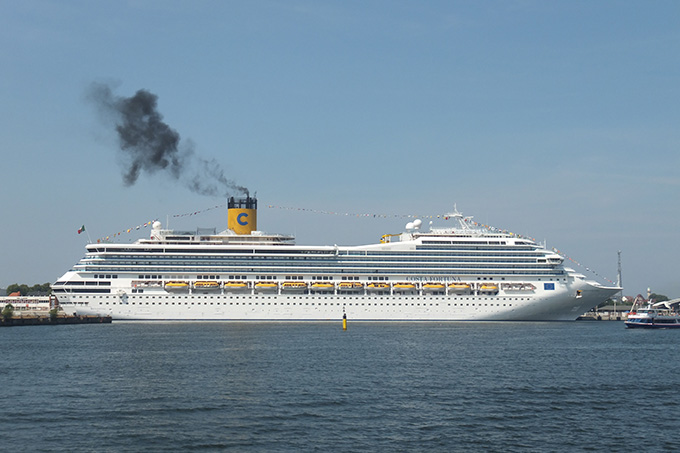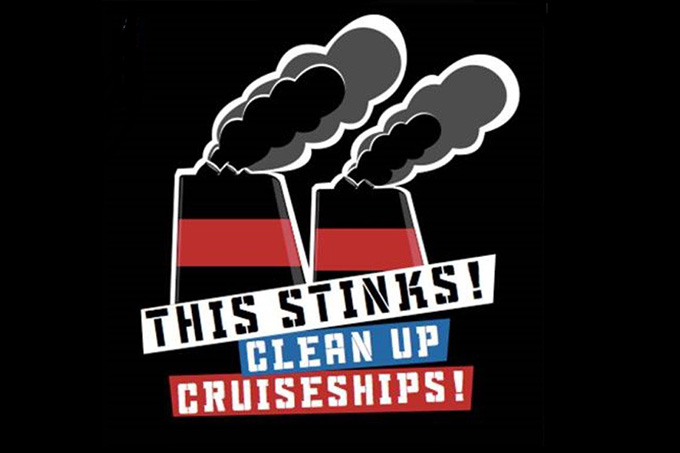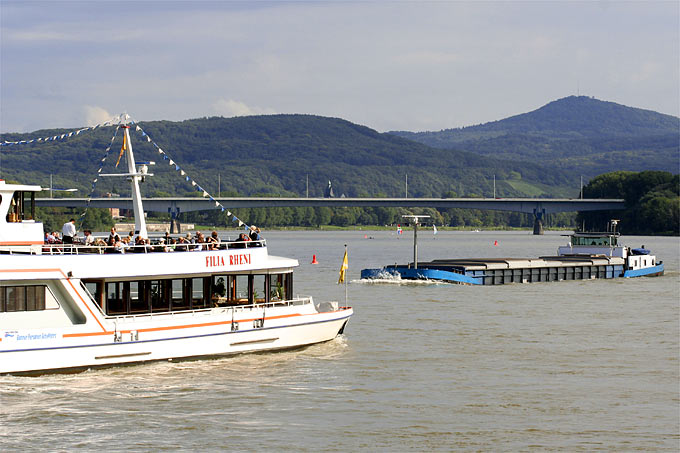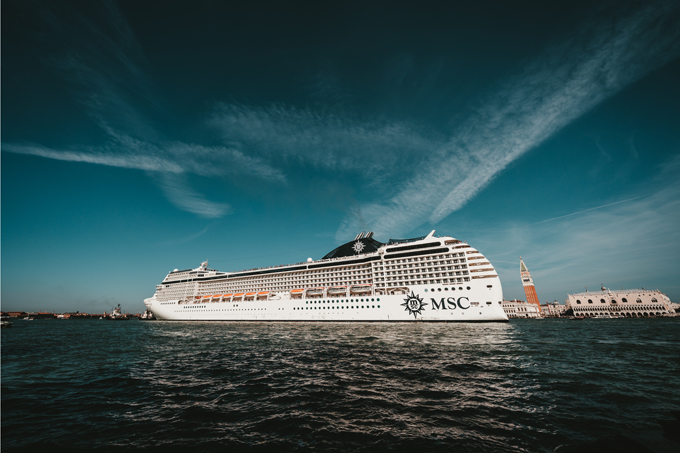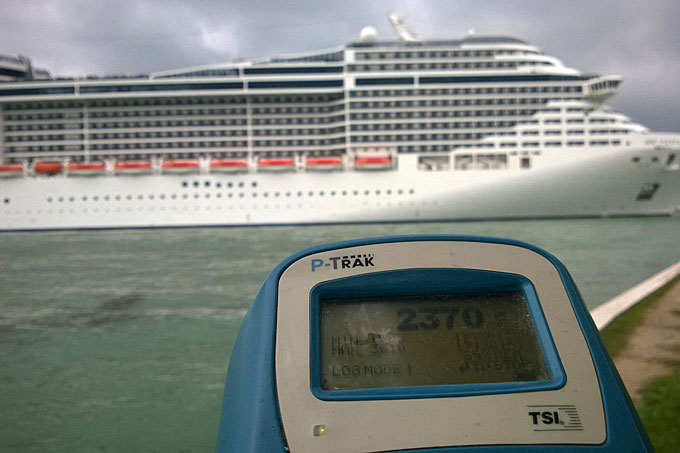This stinks! - Clean up cruise ships!
NABU's campaign for a cleaner cruise industry
But the opposite is the case: The 'swimming hotels' run by Carnival, Royal Caribbean, MSC and other shipping companies contribute massively to the air pollution that threatens our climate, our environment and our health.
One cruise ships emits as many air pollutants as millions of cars! This is because sea going vessels use heavy fuel oil for their engines, a fuel that on land would have to be disposed of as hazardous waste. Heavy fuel oil can contain up to 3,500 times more sulphur than diesel that is used for land traffic vehicles. Even more, the ships don't have any exhaust abatement technologies like diesel particulate filters or SCR-catalysts, techniques that are built in trucks or passenger cars as a standard.
By burning this hazardous waste without emission abatement technologies, huge amounts of dangerous air pollutants like black carbon, sulphur dioxides (SOx) and nitrogen oxides (NOx) are emitted. Those substances, some of them can be blown very far, lead to the damage of sensitive ecosystems, the acidification of soil and water, eutrophication of lakes and coastal areas. Moreover, they are responsible for severe illnesses such as cancer, asthma or cardiovascular diseases and for the premature deaths of ten thousands of people. And air pollutants, especially black carbon and the ozone precursor nitrogen oxide, contribute massively to global warming. For example, almost 50% of the warming of the Arctic is attributed to black carbon.
This irresponsible behaviour of a whole industry has to stop!
This stinks! - Clean up cruise ships!
NABU demands:
- All cruise ships need to switch to low sulfur fuel immediately
- All cruise ships need to built in emission aftertreatment techniques (diesel particle filters and SCRs), that effectively limit the black carbon, SOx and NOx emissions
More Information
Busses, Trains, Cars and Bicycles – there are manifold possibilities and means of transportation to navigate through one's day-to-day life. A comprehensive mobility is a given natural for our modern way of life, however, at the same time certain modes of transport have drastically negative effects on our climate, environment and health. more →
The majority of the cruise industry is far from meeting the requirements of the Paris Agreement on Climate Change. That is the result of the NABU cruise ranking 2020 that questioned the 18 largest providers on the European market. more →
Cruise or container ships, ferries, tug or excursion boats – ports gather a broad range of fuming smokestacks, which emit a great deal of air pollutants. Neither ship owners nor port authorities take effective, sufficient and comprehensive measures in order to protect local residents from toxic exhaust gases. more →

